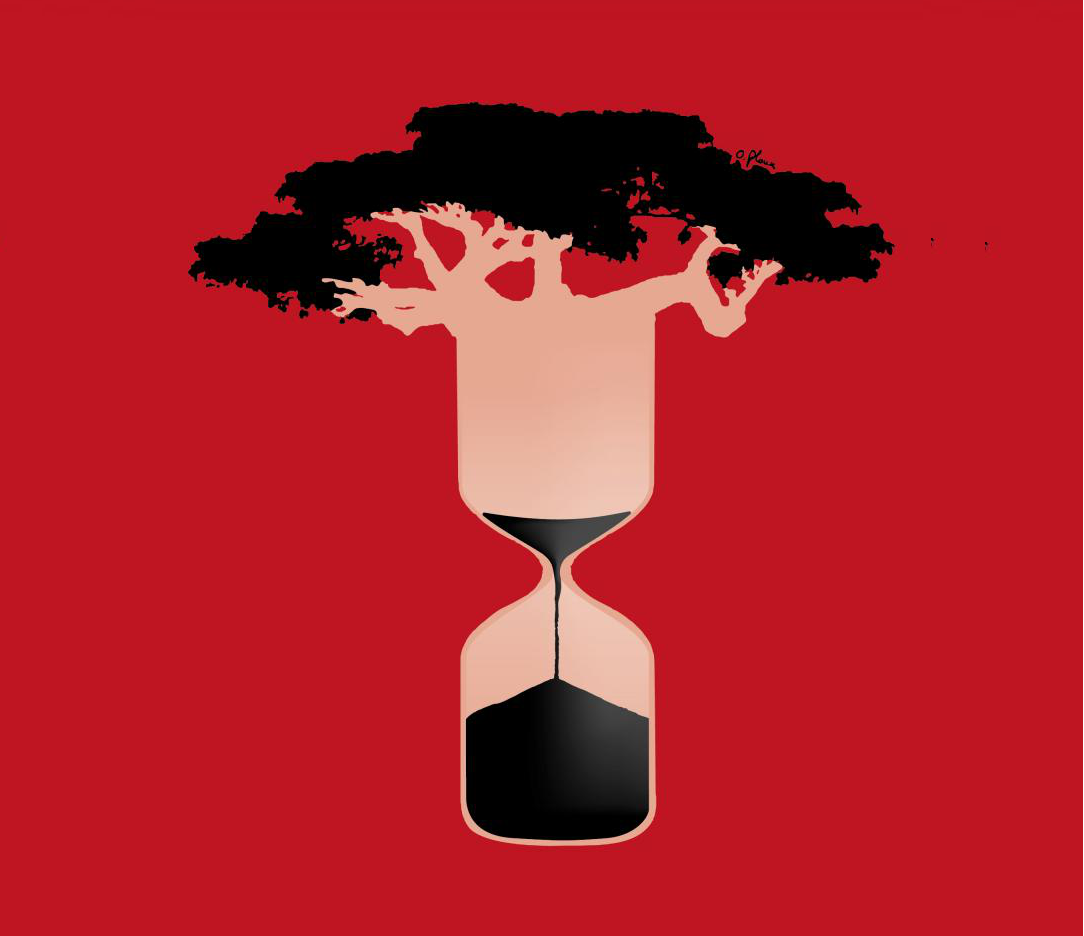According to some observers, one of the reasons behind such a resonance with farmers protesting all across Europe is that people tend to be more emotional when it comes to what they eat. These analysts may think our behaviour towards food is somehow separate from our willingness to give away fossil fuels to heat our homes. I disagree with this vision, which I find quite bourgeois.
I just took part in a research trip to the Netherlands organised by Clean Energy Wire, to learn more on this topic. It’s not by chance that populist leaders and parties are (again) on the rise in many European countries. In the Netherlands, the far-right politician Geert Wilders could become the next prime minister, with the BBB (Farmer-Citizen Movement) as a potential coalition partner. To complicate matters, much of the support for agriculture is set through the EU's Common Agricultural Policy (CAP) and accusing Brussels of hurting farmers' interests is a common trope in many member states.
German newspaper tageszeitung has been closely following the topic. Right-wing extremism expert Andreas Speit writes that, “while politicians and the media like to call climate protests 'terrorism', they are more indulgent with the farmer's protests, although these should actually be considered as 'centre extremism'"
The tractors’ march all across Europe in the past two months are “about a battle for the distribution of the entitlement,” according to Speit. "Currently, the severity of political and state reactions is inversely proportional to the danger of a protest movement," commented Jonas Schaible on Der Speigel. The most aggressive farmers' protests are met with the "most leniency," according to the activists from Fridays for Future. A leniency that also fuels right-wing resentment such as the privileges of the establishment, concluded Speit.
Sofia Sánchez Manzanaro notes in Euractiv about the current EU Commission’s president Ursula von der Leyen’s change of heart, as she prepares to launch her election campaign for a second mandate. “Unsurprisingly, Von der Leyen was crowned as the lead candidate for this year’s European Parliament elections by her centre-right European People’s Party (EPP) during a congress this week in Bucharest, Romania”, Sanchez Manzanaro says. Yet, to secure the title of “farmer’s queen” in this year’s election and align with the EPP strategy, “Von der Leyen faces the task of campaigning against remnants of her own agri-food legacy”.
Denmark has been more ambitious in this sense, with a proposal for a climate tax on agriculture bringing the extreme wings back into national politics. Writing for Information, Lars Trier Mogensen put it this way: “the threat of a peasant uprising puts pressure on the bourgeois, but it's good old-fashioned blackmail”.
On other news
Gary Fuller in The Guardian looks at air pollution figures that have been making the headlines in the past few weeks, following a debate about the Italian city of Milan that has gone “all wrong” according to Valigia Blu’s Angelo Romano. Approximately 253,000 air pollution deaths could be avoided each year if the EU27 countries actually met World Health Organization guidelines for air pollution, according to figures from the European Environment Agency. And more than 400,000 deaths could be avoided if particle air pollution could be avoided completely.
Just as the European Parliament has become the first international body to criminalise large-scale ecosystem destruction, introducing sentences of up to 10 years for CEOs, Disclose authors Pierre Leibovici, Xavier Deleu, Marianne Kerfriden, Sílvia Lisboa and Maurício Brum show how furnitures-giant Ikea runs away from responsibility. In Brasil, the company worked with Artemobili, accused of multiple environmental offences between 2018 and 2022.
It might be about time for the European Commission to adopt a diversified approach to economic modelling in order to design ecological transition policies that are economically realistic, ecologically desirable and socially just. On L’Echo, some 200 economists are calling for “a profound transformation” in order to see the future envisioned five years ago with the Green Deal become a reality.
Finally, let’s go back to where we started with One World: while Esmée Koeleman encourages us all by showing that climate activists may reach enough consensus for a social change if accompanied by a legal and political battle “where the power lies”, Marthe van Bronkhorst gives nine unsolicited advice to make the Netherlands the best pupil in the climate class. On the same topic, Angelo Romano again on Valigia Blu, comments on the United Nations Human Rights Committee's condemnation of governments worldwide for repressing climate activists. Romano underscores the critical role of climate activists in driving awareness and action on climate change and criticises governments for prioritising economic interests over environmental protection and human rights, and concludes by emphasising the need for international solidarity and concerted efforts to safeguard activists and advance climate justice globally.
In partnership with Display Europe, cofunded by the European Union. Views and opinions expressed are however those of the author(s) only and do not necessarily reflect those of the European Union or the Directorate‑General for Communications Networks, Content and Technology. Neither the European Union nor the granting authority can be held responsible for them.

Was this article useful? If so we are delighted!
It is freely available because we believe that the right to free and independent information is essential for democracy. But this right is not guaranteed forever, and independence comes at a cost. We need your support in order to continue publishing independent, multilingual news for all Europeans.
Discover our subscription offers and their exclusive benefits and become a member of our community now!












